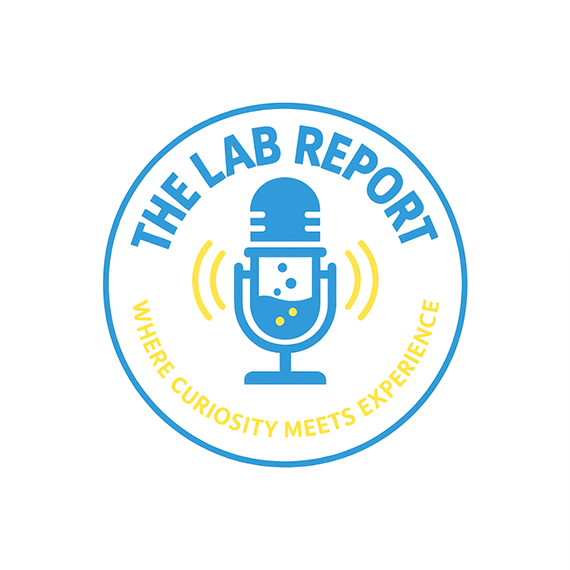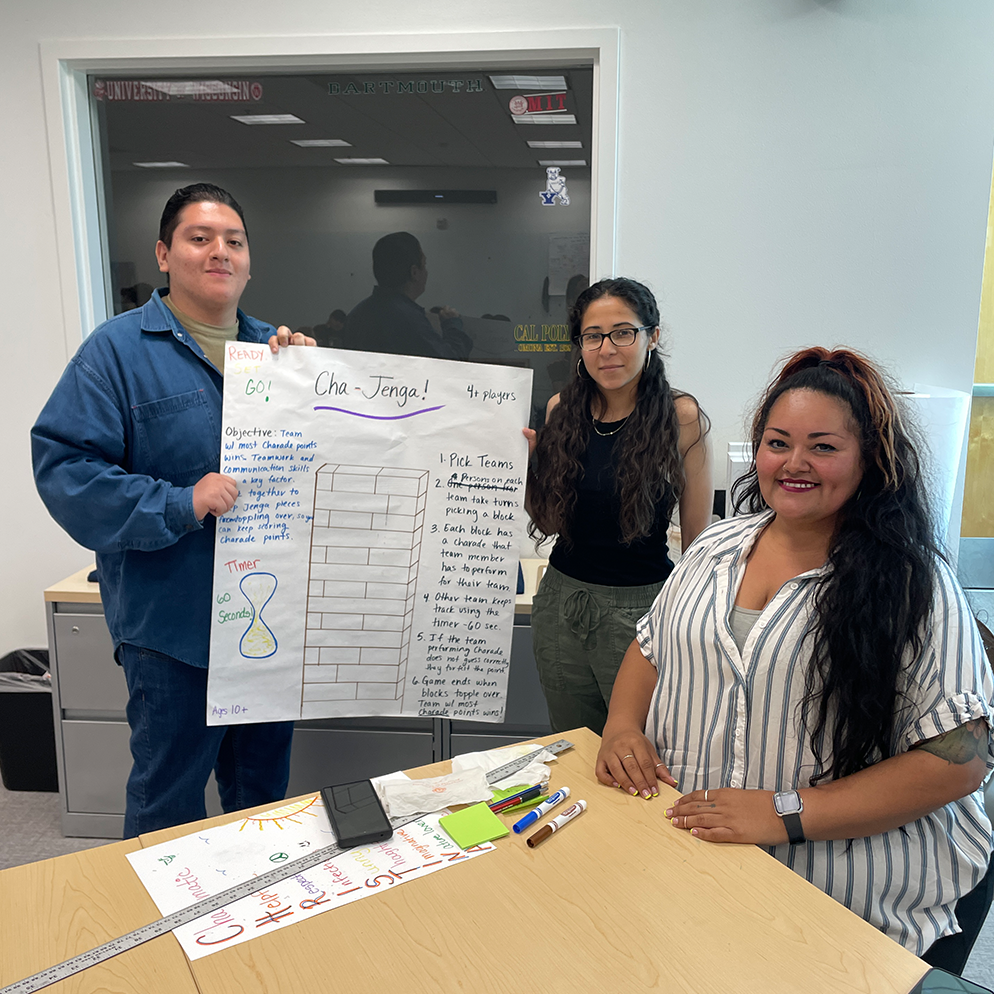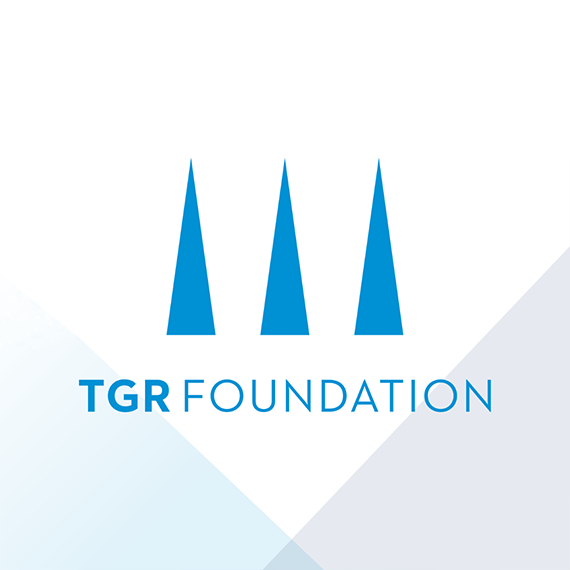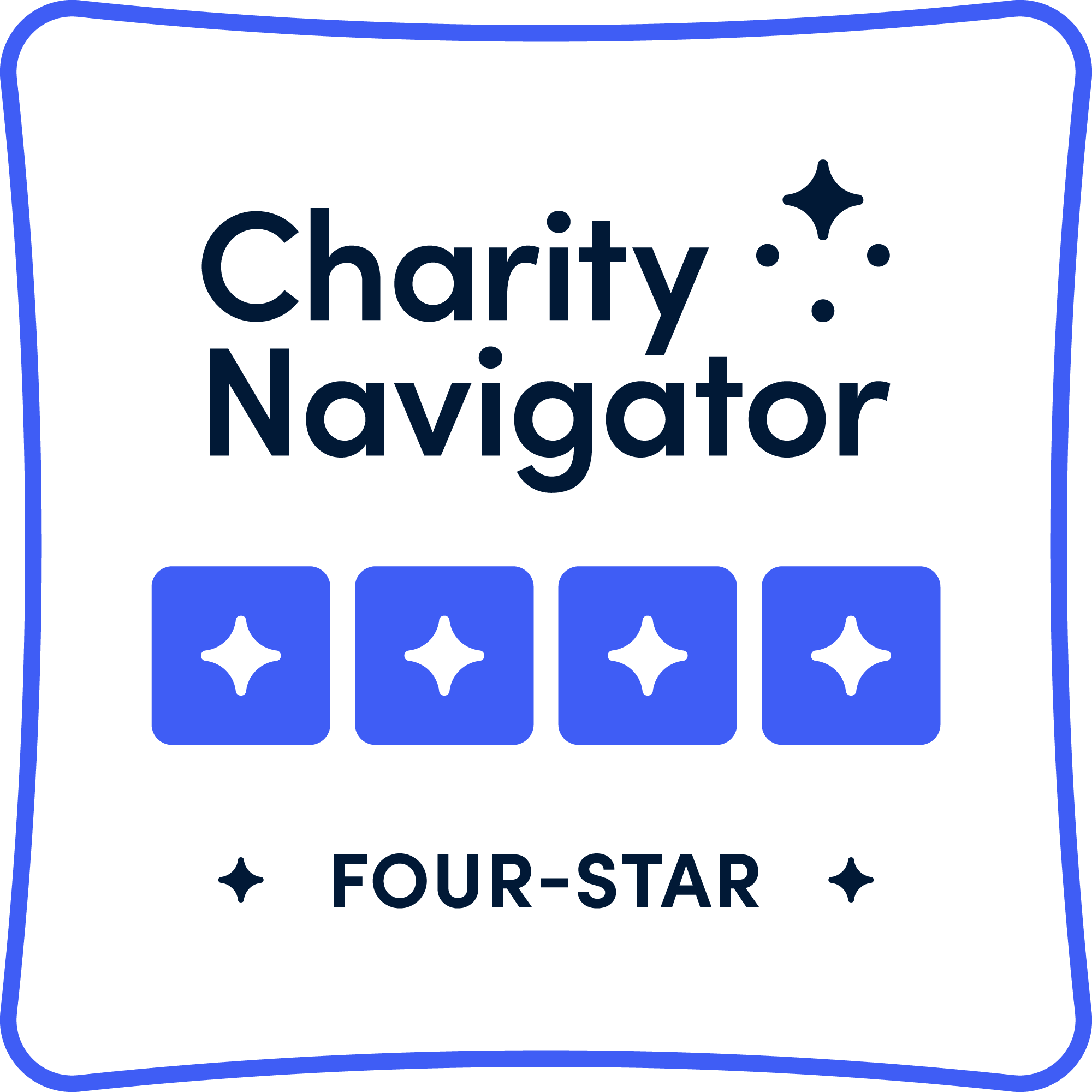Gender disparities in STEM fields have long been a concern in the education and workforce sectors. Despite progress made in recent years, there is still a significant underrepresentation of women in these fields. Women make up 34% of the STEM workforce and less than 25% of STEM majors in colleges and universities, according to the American Association of University Women. At TGR Foundation, we are committed to building a world where opportunity is universal and potential is limitless.
One of the ways that we are addressing gender disparity in STEM is through programs at our TGR Learning Labs centered around STEAM education, which integrates the arts into science, technology, engineering and math subjects. We encourage diversity and inclusivity by exposing our students to a variety of STEM based subjects and career paths. The Learning Lab fosters an equitable learning environment while preparing students to build transferable skills and build relationships with people from diverse backgrounds.
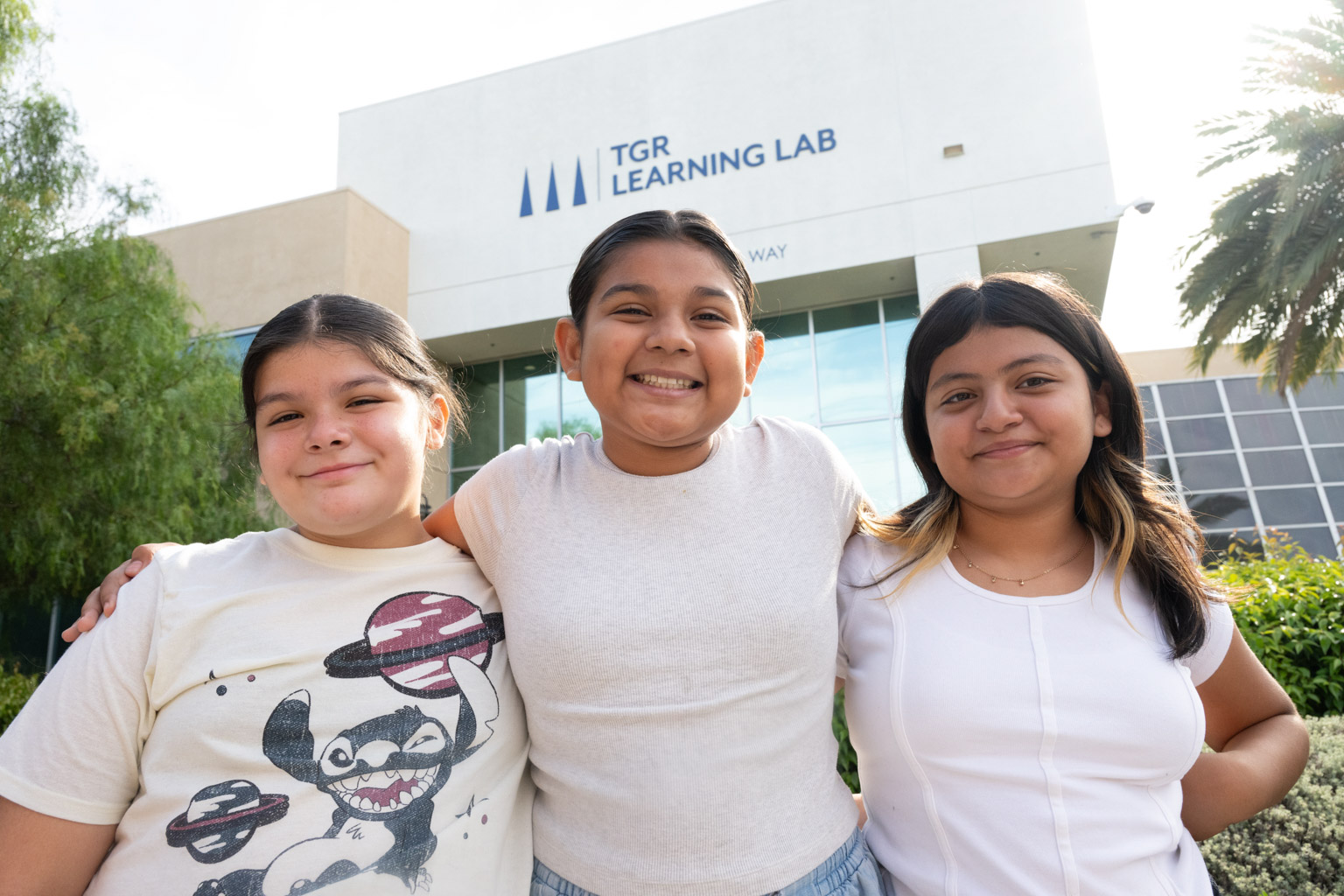
The TGR Learning Lab also addresses gender disparities in STEM by providing equal opportunities for girls to gain real-world problem-solving experiences, common in STEM-based curricula. This not only makes learning more relevant and meaningful but also prepares them to address global challenges and make a positive impact in their communities. Exposing girls to these experiences at an early age sparks interest in STEM disciplines and empowers them to pursue careers in these fields.
Alyssa Muldong is a recent Magnolia High School graduate in Anaheim, CA who spent eight years participating in after-school programs at the TGR Learning Lab Anaheim, where she discovered her passions while building confidence and skills needed to pursue a career in STEM.
“My passions ranged from computer science to environmental sciences, including astrobiology, cybersecurity and journalism, said Muldong. “My time with the programs allowed me to narrow down my interests and it was perfect to discover what I was most interested in. My experience has been nothing short of transformative.”
Muldong is an incoming freshman at California State University Northridge with plans to study computer science over the next four years.
Diversity is important in STEM fields as it brings new perspectives, drives innovation, and ultimately leads to improved problem-solving and creativity. By providing opportunities for students from under-resourced communities, including girls, the TGR Learning Lab is creating a more inclusive and dynamic STEM community.

“Having a diverse workforce is critical to achieving an equitable health care system,” said Nwando Anyaoku, M.D., chief health equity and clinical innovation officer for Providence Swedish Health Services in Seattle. “The prospect of these young people entering into health care and diversifying the workforce, gives me tremendous hope as we work toward a more equitable health care system.”
Dr. Anyaoku was a keynote speaker during one of the TGR Learning Lab Anaheim’s Career-Connected Learning Program initiatives that invited students interested in health care careers to participate in an field trip. The experience provided students opportunities to network with professionals, participate in skill-building experiments and hear from a panel of diverse healthcare representatives.
In addition to educational opportunities at the TGR Learning Lab, students have access to financial and academic resources to pursue higher education needed to secure gainful employment after high school. By increasing awareness and understanding of financial aid opportunities while providing support and guidance, our programs help level the playing field for aspiring professionals in STEM fields.
Addressing gender disparities in STEM fields is critical to unlocking the numerous benefits that diversity brings including improved problem-solving and creativity, as different perspectives and experiences contribute to more innovative solutions. Increasing the representation of women in STEM also has economic and social benefits. It helps fill gaps in a growing workforce with skilled workers and promotes economic growth. In addition, gender diversity in the workplace brings new ideas and perspectives, leading to better outcomes and fostering a more inclusive and equitable society.
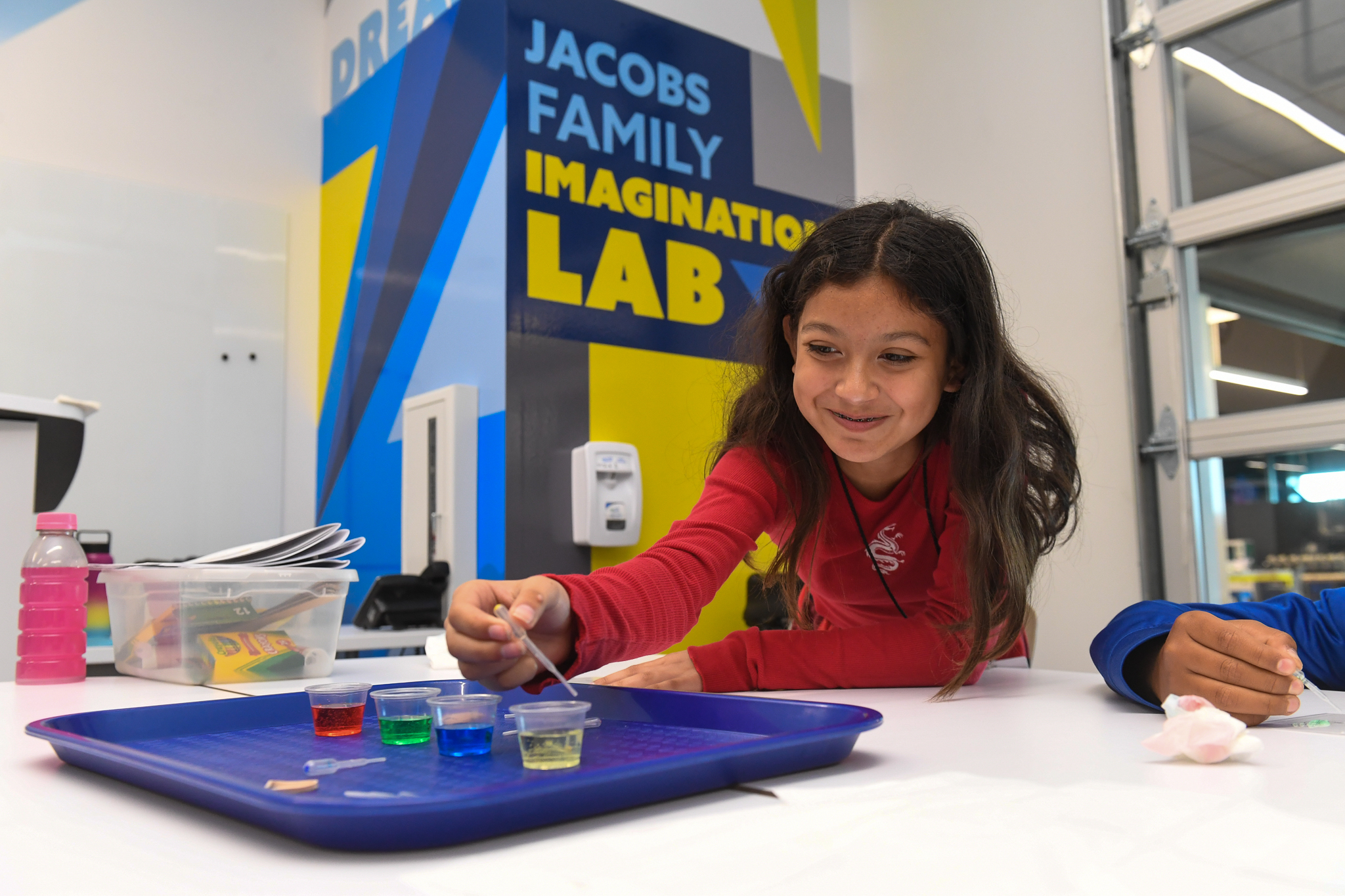
There are still barriers like cultural biases, lack of representation and role models, limited access to resources and opportunities, and a lack of support and encouragement that hinder women’s participation in STEM fields. The TGR Learning Lab works to address these barriers and develop more diverse talent into the industry.
By encouraging girls and students from diverse backgrounds to explore STEM-related career fields through hands-on learning programs, the TGR Learning Lab aims to spark interest and passion for STEM as early as elementary. Opportunities for students to engage in STEM activities at an early age builds confidence and skills that show them that they are capable of excelling in these fields.
“I first learned about TGR Foundation in elementary school when I was placed in a forensic science course. I remember going back home to my mom and telling her how I was able to extract my fingerprint and everything new I learned,” said Amelie Jimenez, TGR Learning Lab alumna. “I took several courses throughout my time at the Learning Lab, which range from archeology and forensic science to photography and sports medicine. Because of the Learning Lab, I have never been afraid of new experiences, and this skill I use to this day in college. I’m fulfilling my dream and pursuing a career in chemical engineering at one of the top universities in the world, the University of California, Berkeley.”

Through our programs and initiatives at the TGR Learning Lab, we are helping students from diverse backgrounds explore and experience STEM, connecting the classroom to careers and championing the accomplishments of women in STEM.
By doing so, we aim to create a more equitable and diverse STEM community that unlocks the untapped potential of all individuals, paving the way for a more inclusive and innovative future.

